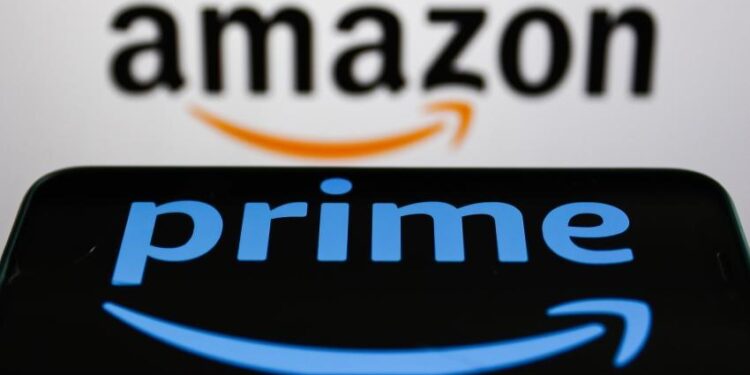By Enyichukwu Enemanna
US regulator, Federal Trade Commission (FTC) has filed a lawsuit against American multinational technology company focusing on e-commerce, cloud computing, online advertising, digital streaming, and artificial intelligence — Amazon, accusing the company of tricking millions of customers into signing up in its Prime, a membership program that offers customers fast deliveries as well as access to other Amazon services like streaming TV and music.
The FTC, which has been critical of other companies over what it called “dark patterns” which it says intentionally confuse customers, on Wednesday noted that Amazon “used manipulative, coercive, or deceptive” tactics to confuse customers into signing up, and then made it difficult for them to cancel their memberships.
The purpose of Amazon’s Prime cancellation process was to make it harder — not easier — for customers to cancel their Prime accounts, Washington Post reports, quoting the FTC.
“Amazon tricked and trapped people into recurring subscriptions without their consent, not only frustrating users but also costing them significant money,” said FTC Chair Lina Khan in a news release. “These manipulative tactics harm consumers and law-abiding businesses alike.”
According to Washington Post, Amazon increased the price of Prime in 2022 to $139 a year or $14.99 a month.
The suit is expected to set up a legal battle between the regulator and the firm but Amazon spokeswoman Heather Layman called the FTC’s claims “false on the facts and the law.”
The company makes it “clear and simple” to sign up for and cancel Prime, Layman said. The FTC did not notify the company the suit was coming, even as company staff engaged with the regulators, she said.
“While the absence of that normal course engagement is extremely disappointing, we look forward to proving our case in court,” Layman said.
The FTC’s lawsuit alleges Amazon tricks customers into signing up for Prime “by presenting asymmetric choices that make it easier to enroll in Prime than not” during the checkout process.
When non-Prime customers go to buy something, Amazon “interrupts the consumers’ online shopping experience by presenting them with a prominent button to enroll in Prime and a comparatively inconspicuous link to decline,” the suit says.
It also says Amazon “does not adequately disclose the price of the monthly auto-renewal feature of Prime,” and that design elements of the enrollment process make it hard for customers to see that they will be automatically charged for Prime after signing up for a free trial.
The FTC insists that the company acted in bad faith throughout its investigation, alleging that Amazon took steps to delay the probe.



































